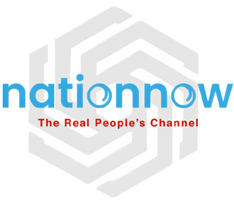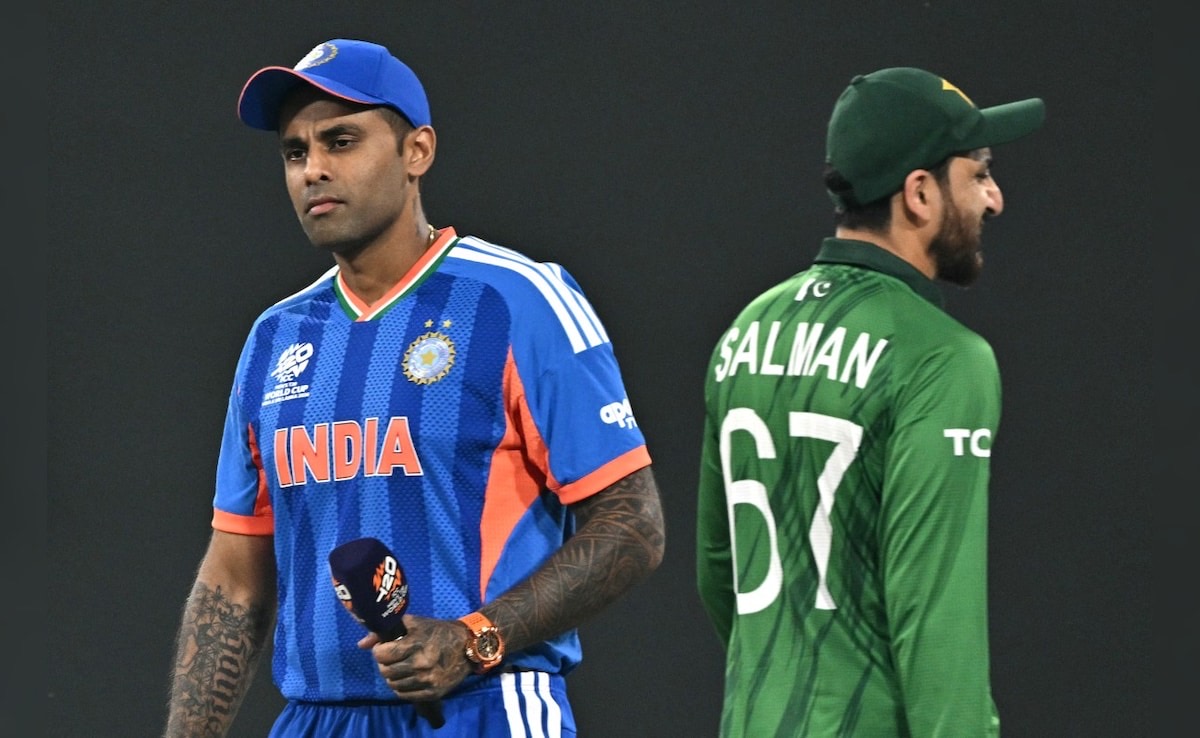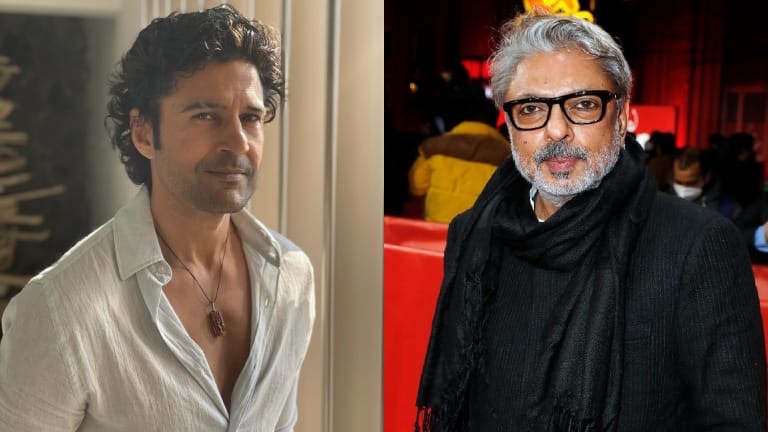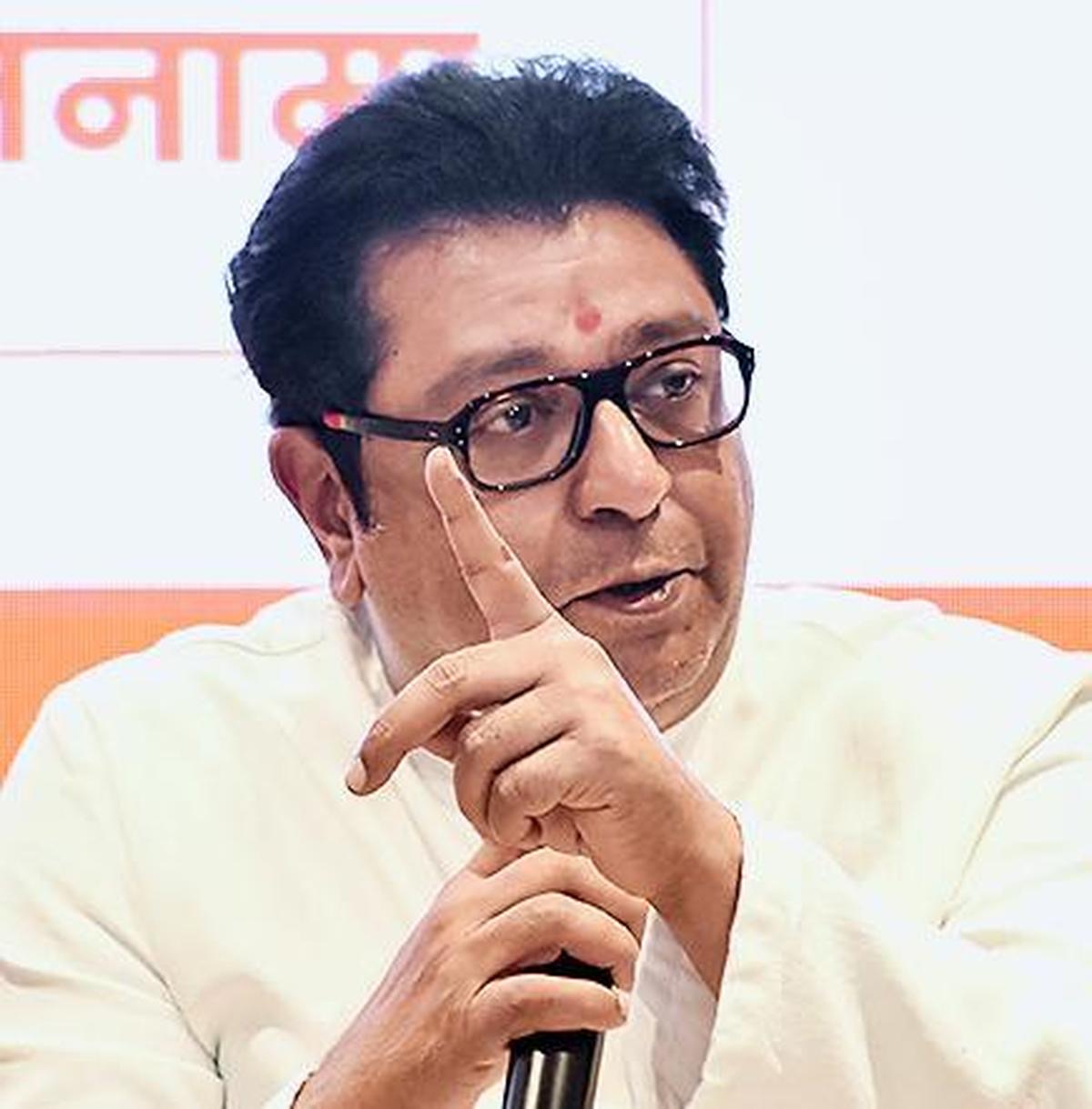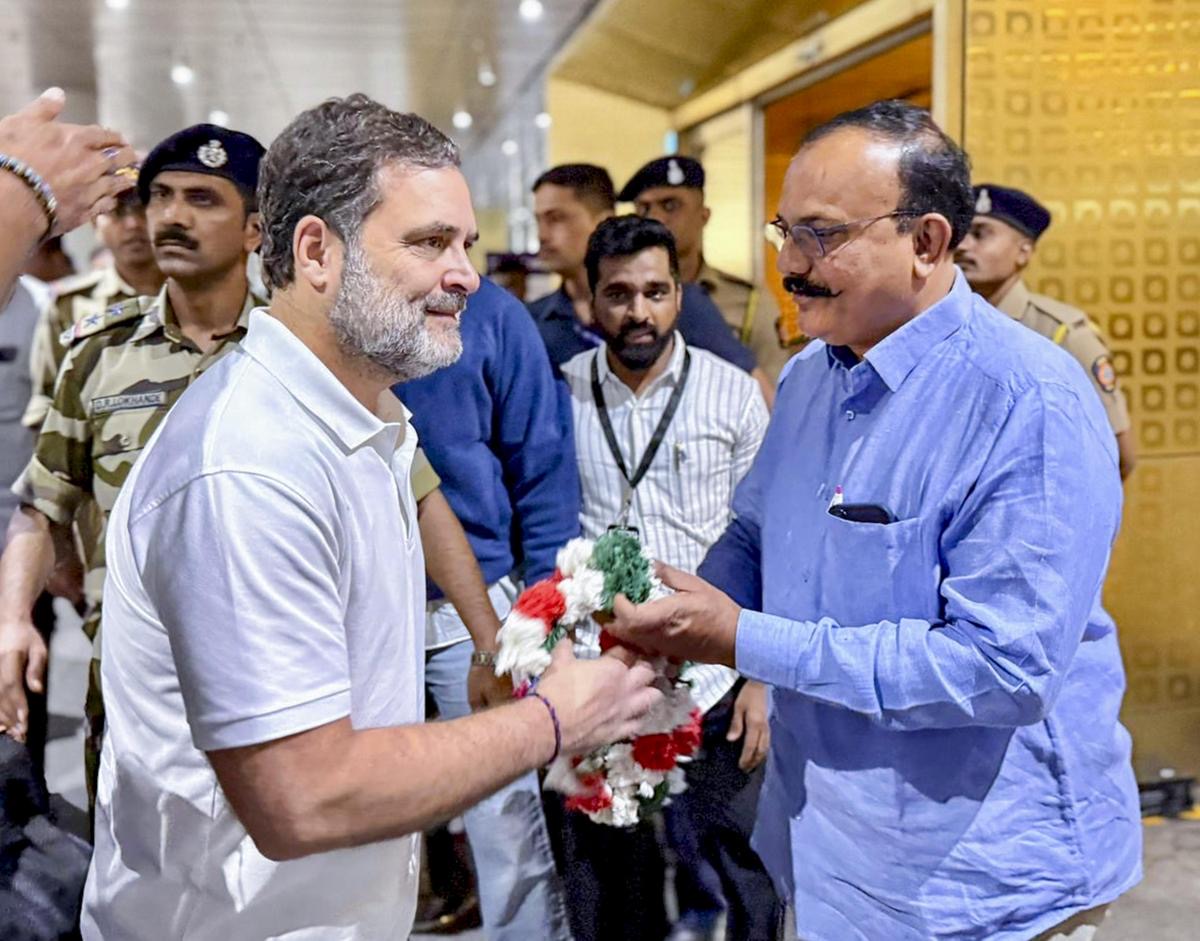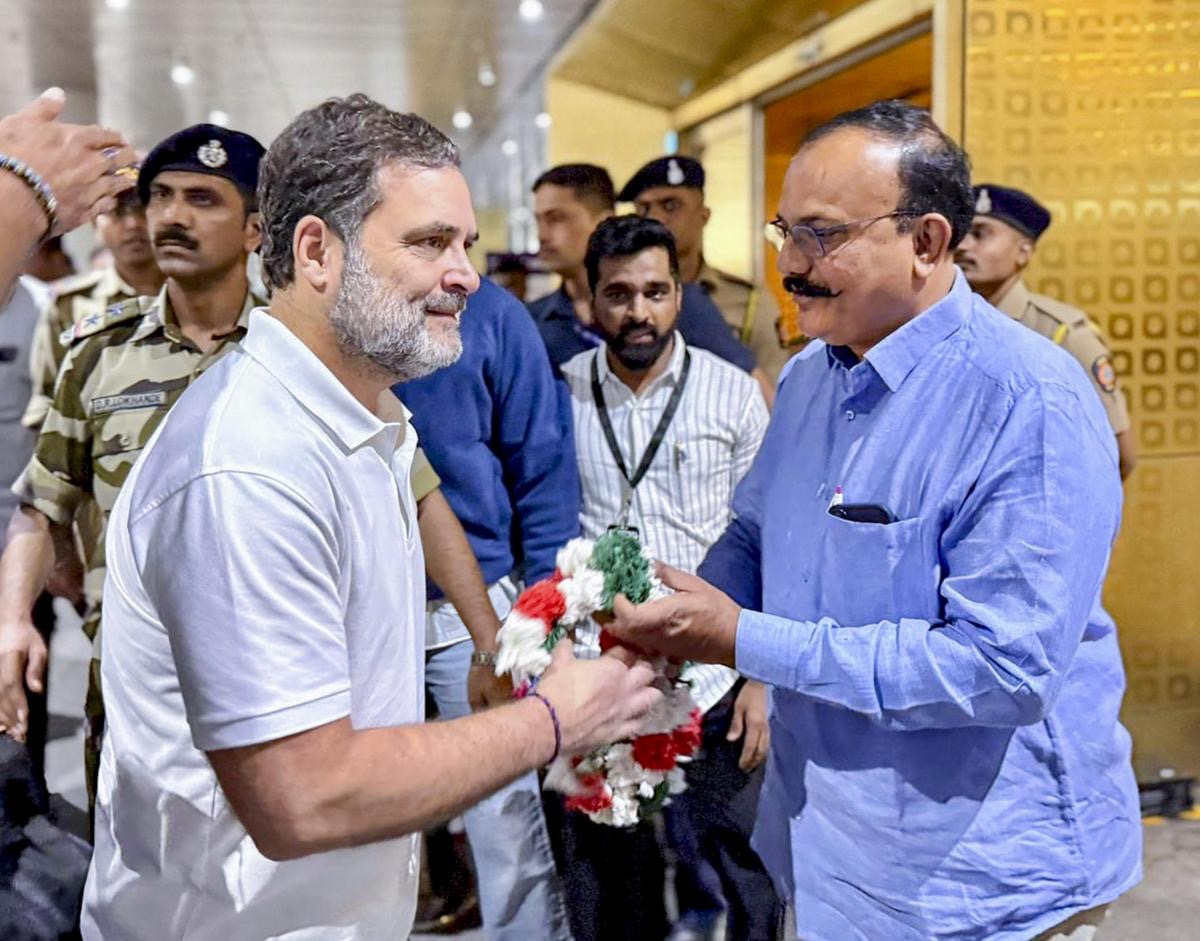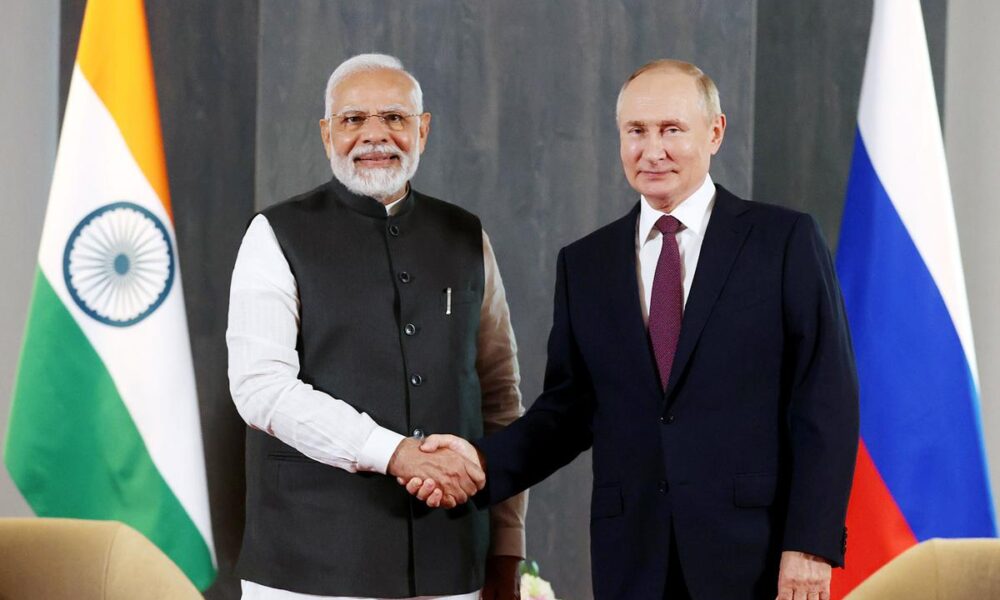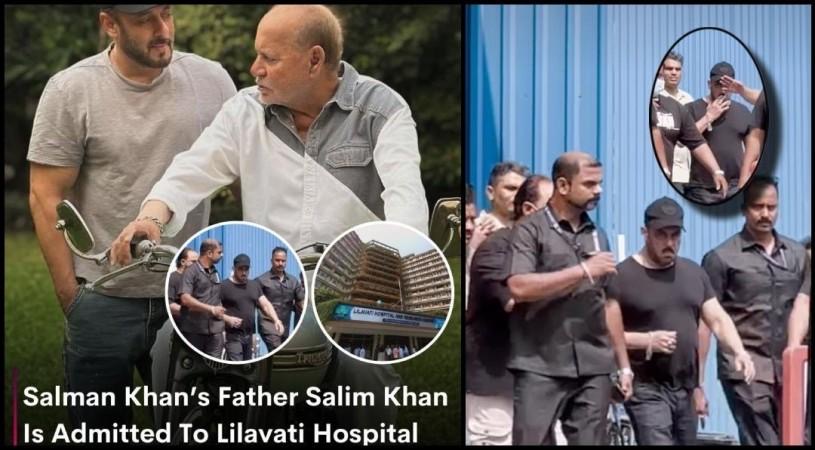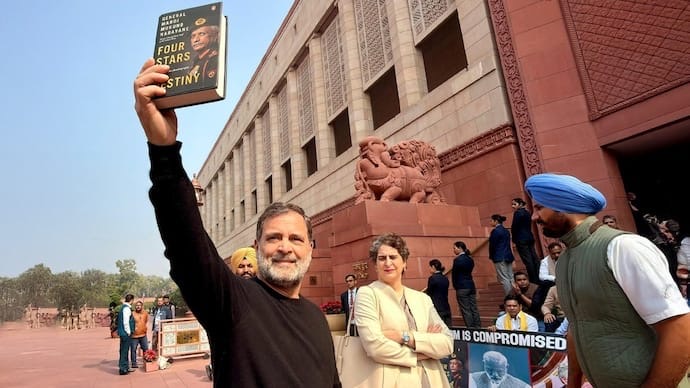PM to visit Moscow for talks with Russian Prez Vladimir Putin for discussion on Ukraine War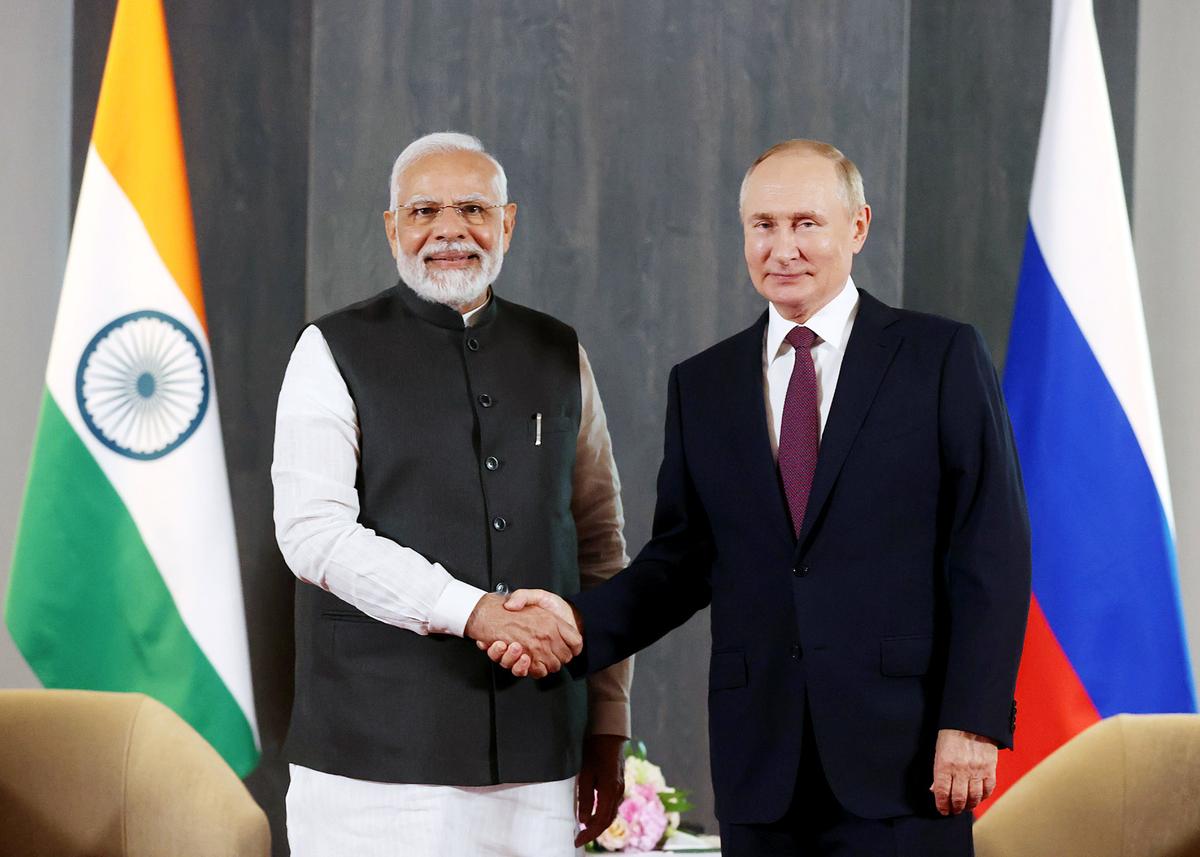
PM Modi visits Moscow for
selfstanding State visit from July 8 to 9 to meet Russian President Vladimir Putin expected to focus on strategic, economic and military ties and reverse the perception of a “drift” in relations.
The Modi-Putin talks are anticipated to highlight on the escalation in India-Russia trade due to India’s import of oil, smoothening out payment issues arising from Western sanctions, build on previous conversations on the Chennai-Vladivostok maritime route, and conclude the Reciprocal Exchange of Logistics Agreement (RELOS) agreement, that will pave the way for more defence exchanges.
PM Modi’s first visit to Moscow was in 2015. This trip will mark visit since 2015, and marks a his return to the decades-old annual India-Russia summit format. He had met Putin in
St. Petersburg in 2017, Sochi in 2018, Vladivostok in 2019 apart from Putin’s visits to India in 2016, 2018 and 2021. The two leaders met on the sidelines of the Shanghai Cooperation Organisation (SCO) summit in Uzbekistan in 2022, but have not held the annual bilateral summit for the last three years.
According to former Ambassador to Moscow Venkatesh Verma the break in regular summitry initially due to Covid, and a rapidly transforming international situation make it imperative that both sides reverse the perception in the international community of a drift in bilateral relations..Hence, the visit is timely, but also overdue to recharge the wellsprings of the strategic partnership.
Sources reveal that the final details of PM Modi’s programme is still being finalised, and advance MEA and security teams are in Moscow to make arrangements for the visit, which has yet to be formally announced.
Jayshankar says that India, Russia have always had positive ties.
The PM’s trip, likely to be his first bilateral visit abroad in his third term, would place Russia on par with India’s closest neighbours that have normally been the destination of first visits by Indian Prime Ministers.
The visit will also be a signal to Western countries including the U.S. and Europe that Modi intends to continue to “balance” India’s ties, two years since the Russia-Ukraine conflict began.
Although, the government has not announced any plans for Modi to visit Kyiv on this visit, he will travel to Vienna between July 9 and 10. Meanwhile on travelling to Moscow next week for a bilateral visit, Modi might also indicate that he is not as keen to pursue India’s position at multilateral summits, particularly given China’s presence. This week, he has deputed External Affairs Minister S. Jaishankar to attend the SCO summit in Kazakhstan, and it remains to be seen whether PM.Modi will now return to Russia for the BRICS summit in October.
Experts also mention that Modi’s visit will allow him to get a “first-hand account” of how Russia’s war in Ukraine is proceeding, and also discuss thorny issues like the recruitment of Indians to work as Russian military “helpers” that India has opposed, as well as to speed up the supply of defence hardware and spares that have been delayed due to the war.
As per scholar and distinguished fellow at ORF Nandan Unnikrishnan, who travelled to Moscow last week for the “Primakov Readings International Forum, the visit will go a long way in removing some of the apprehensions about waning political ties between the two countries, and allow the leaders to resolve pending issues,”.Unnikrishnan,
travelled to Moscow last week for the “Primakov Readings International Forum” where Russian Foreign Minister Sergey Lavrov had said Modi’s visit “perfectly fits” into Russia’s strategic foreign policy line.
Lavrov added that India, like China had made a “choice” to deal with Russia in national currencies, adding that about 60% of India-Russia trade is now settled in them, despite the fact that both China and India are engaged economically with western countries that have sanctioned Russia. They are fully aware of the discriminatory nature of what the West is doing.
On the bilateral front, officials said that India and Russia are discussing increased investments in the Chennai-Vladivostok maritime corridor and in Siberia, while India wants to source minerals from Russia. Issues that need to be sorted include insurance, and negotiating with ports in between for transit, a source said, adding that there may be some issues with ports in China. The maritime route presents a more effective option than the International North–South Transport Corridor (INSTC) or other options, the source added.
News Edit K.V.Raman

